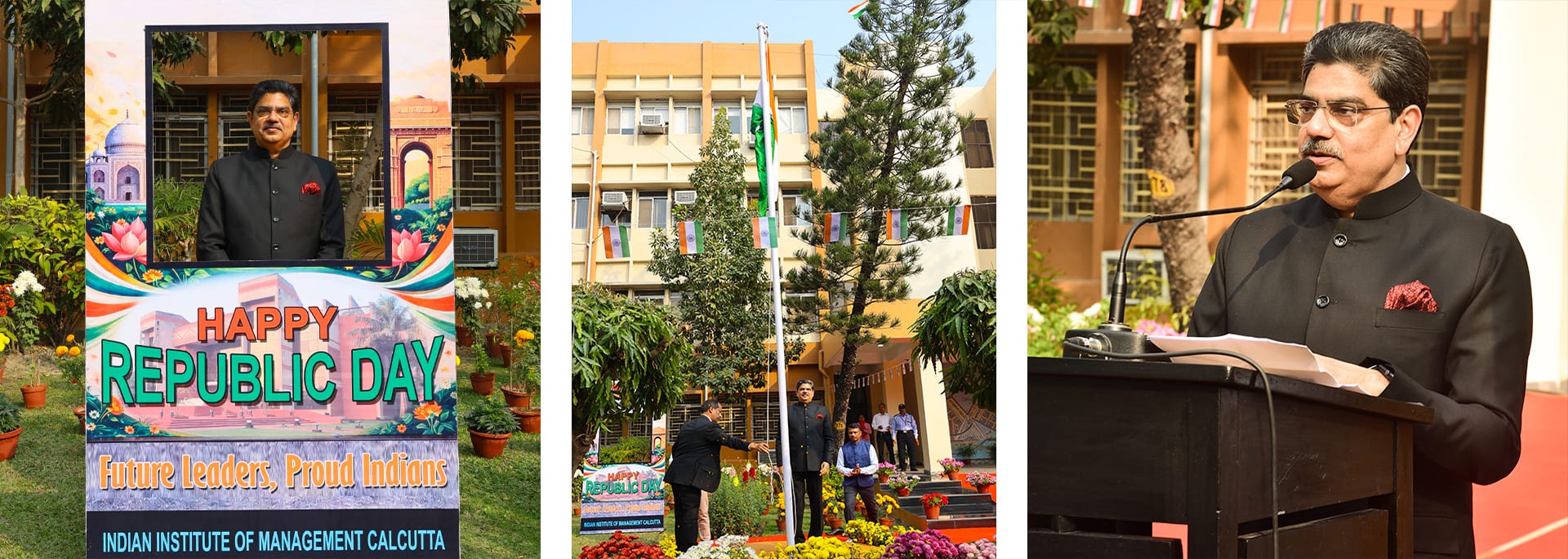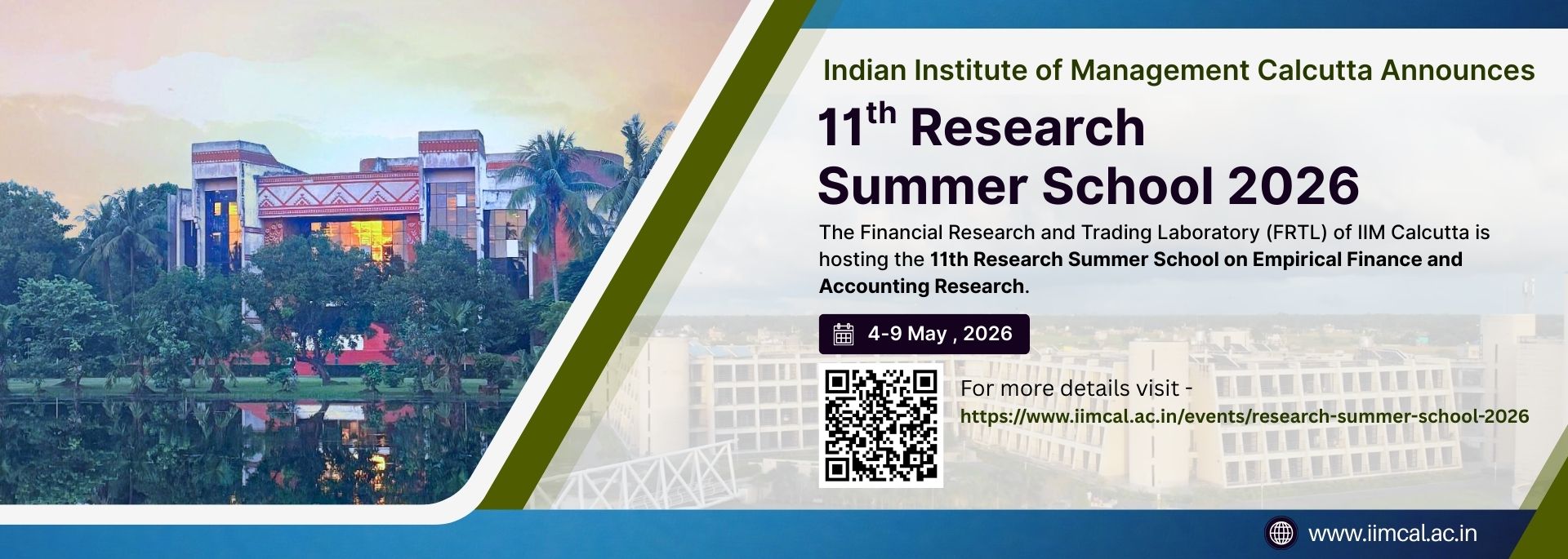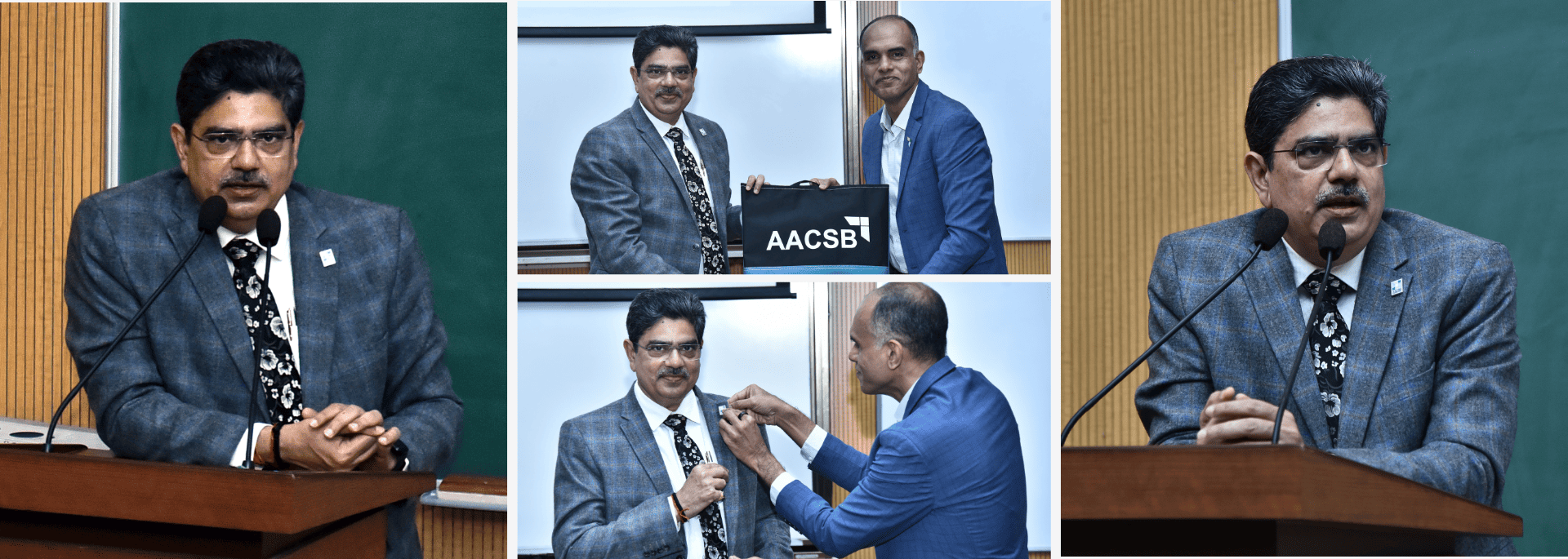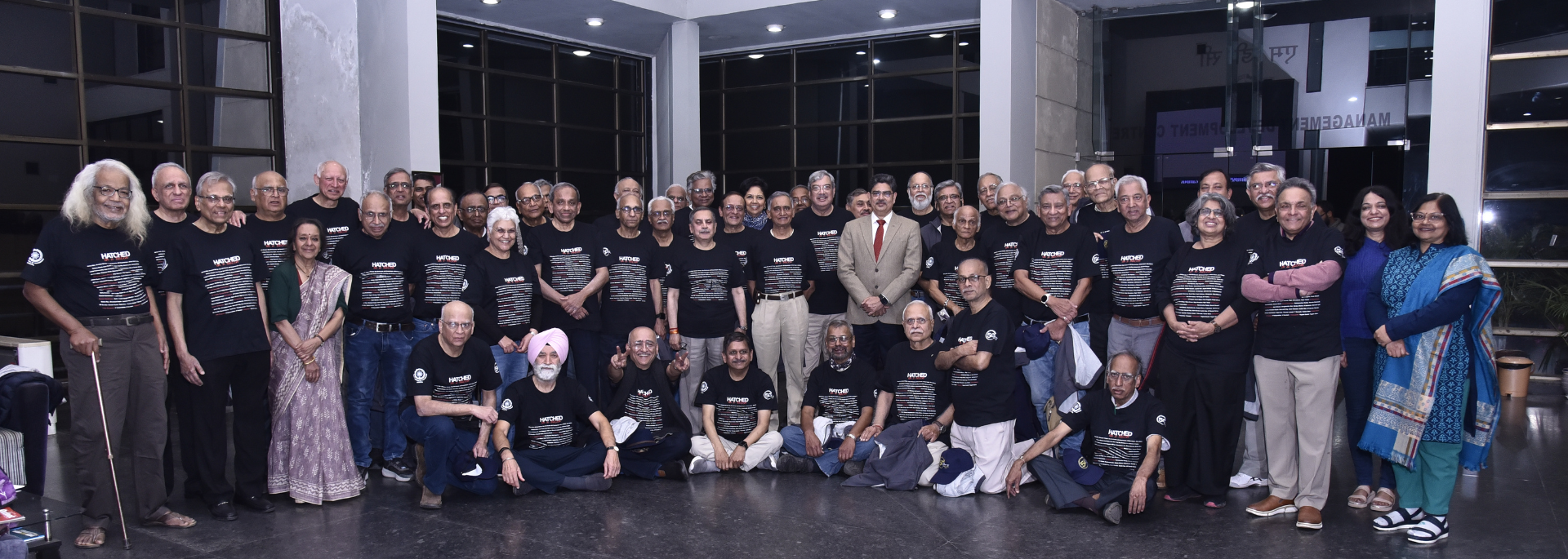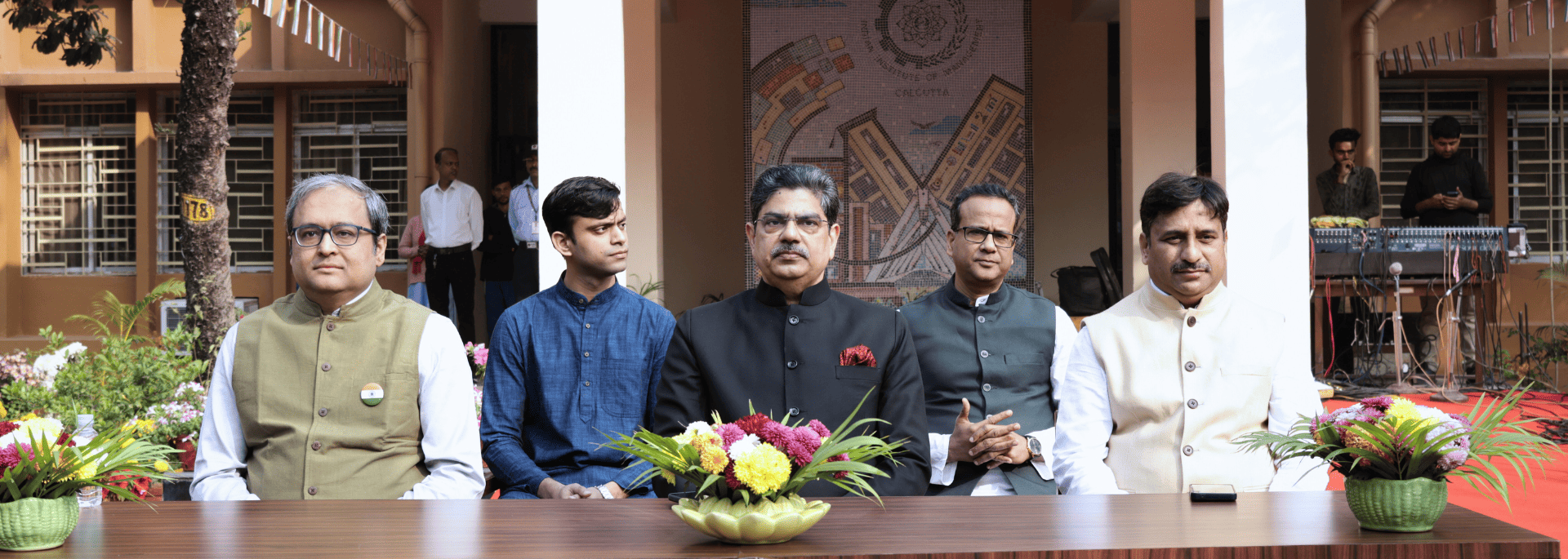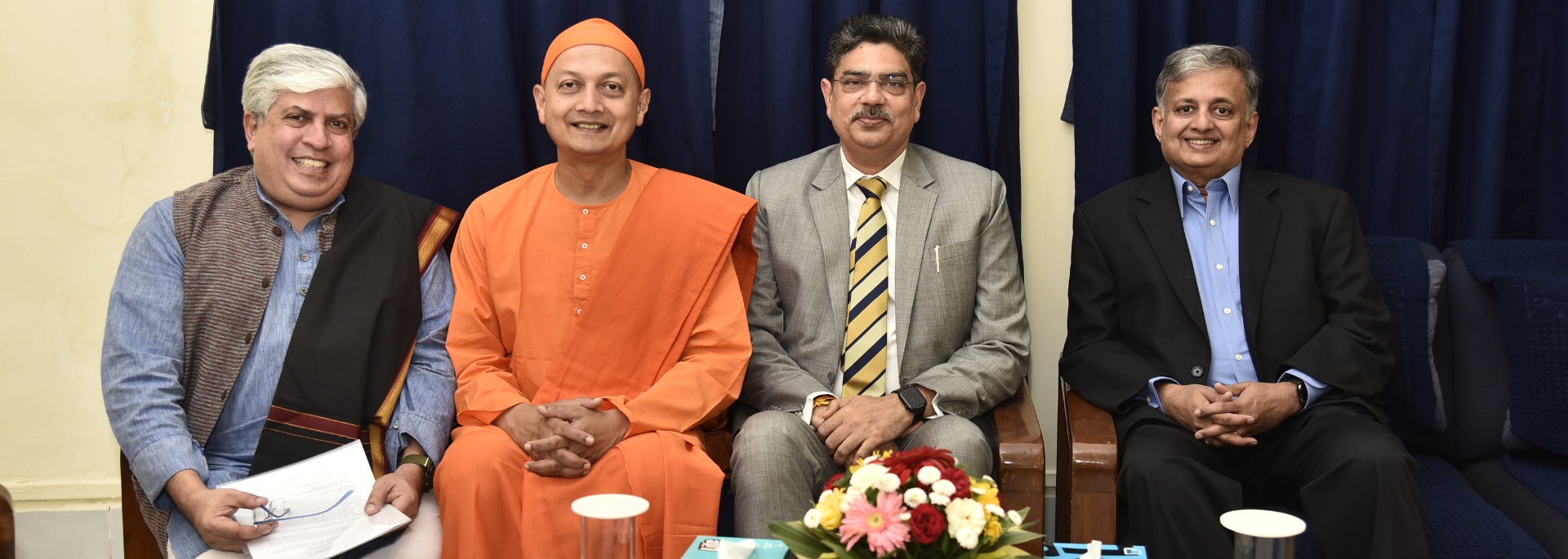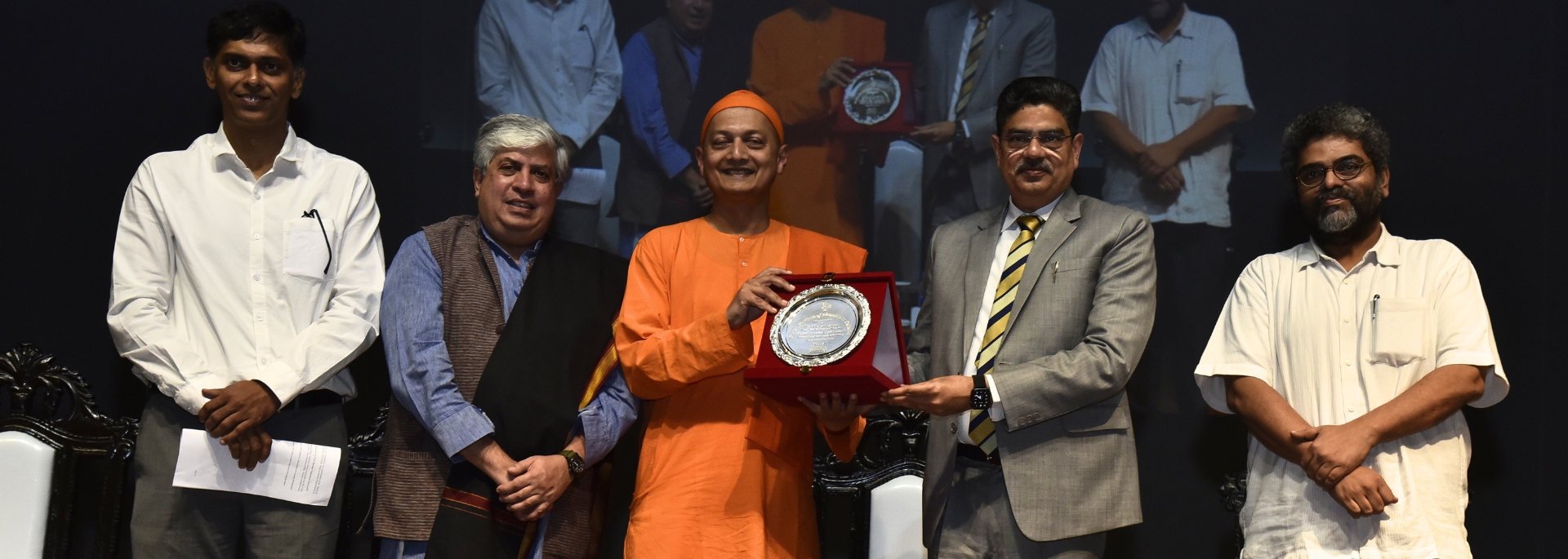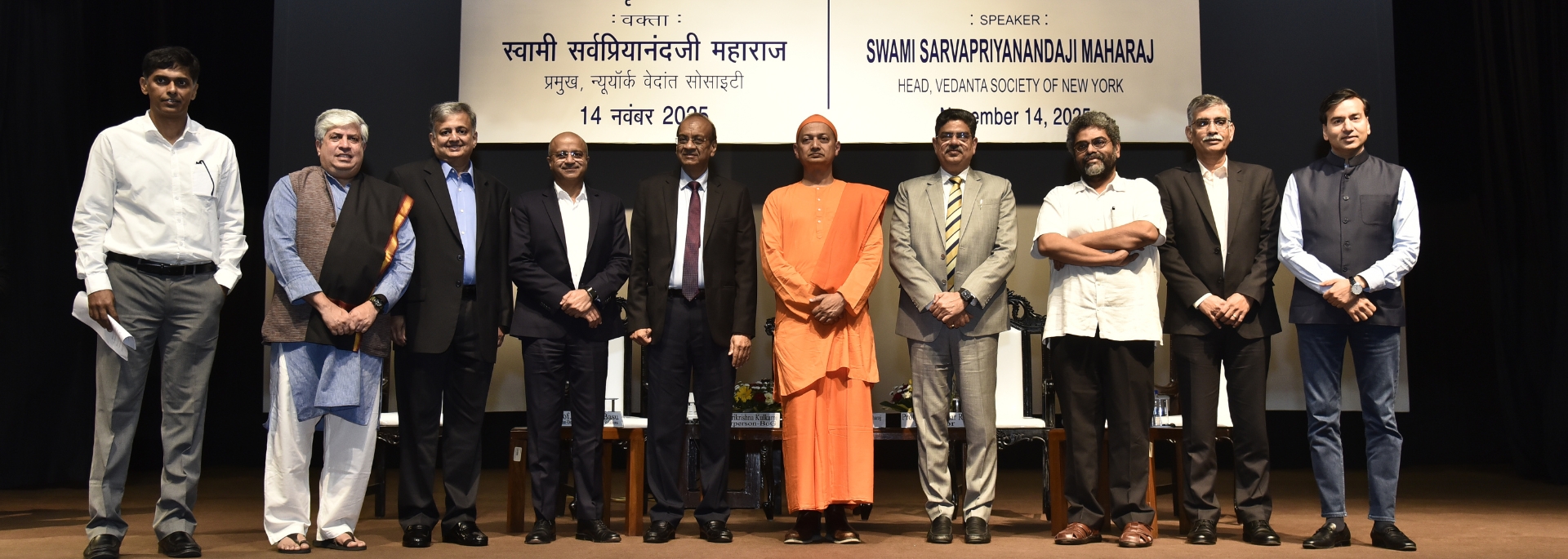
A young agricultural engineer born, brought up and educated in a Bengal town that has launched many brilliant careers is returning to his roots after more than a decade abroad to sow what he has reaped.
Taranjeet Singh, a 37-year-old alumnus of IIT Kharagpur and IIM Calcutta, aims to change the way agriculture is practised in this part of the world through his start-up AgNext, which he started in 2015 with fellow IITians Deepak Jaiswal and Mrigank Sharad. "Data has brought a lot of value to health care, biotechnology and such other fields. Agriculture should also be data-driven. We should use imagery, the Internet of Things (IoT) and analytics to do agriculture," he told Metro.
Growing up in Kharagpur, Taranjeet had felt "huge pressure" to pursue the great Indian IIT dream. He did well enough in the joint entrance examination to get into the institute to study agricultural engineering from 1998 till 2002. "After graduating, I worked at ITC for three years. Then I quit to get an MBA degree from IIM Calcutta," he recalled.
Stints with Starbucks and KPMG in West Asia followed, but Taranjeet wasn't one to be content with the corporate high life. He headed back to India with a start-up that was incubated in his alma mater and developed it into one that is now ready to spread its wings.
Chandigarh is AgNext's headquarters but Taranjeet and his partners have big plans for Bengal. "We chose Chandigarh because of its strong agricultural base and the presence of high-income farmers. It is a fair ground to test and try my ideas and solutions," he explained.
The very next year after the launch of AgNext, IIT Kharagpur and the National Academy of Agricultural Research Management, Hyderabad, chose the start-up for an agri-accelerator programme. Taranjeet already has an office at IIT Step (Science and Technology Investment Park) and divides his time between Chandigarh and Kharagpur. "By next January, I am going to have an office at the IIT Kharagpur Extension Centre, a nine-floor building in Rajarhat," he said.
Taranjeet, who used to be a national basketball player, comes from a Sikh family that has been living in Bengal for four generations. "My great grandfather moved to Bengal in 1910 as an engineer with the British government. My grandfather worked in Assam, building dams. My father was a policeman," he said.
At IIT and IIM, Taranjeet wasn't just the boy with eyes only on a career. Besides playing basketball at the national level, he would paint and rock the stage with his guitar. He was the coordinator of IIM Calcutta's famous JBS Baro C band during his time at the institute. The band's name is an abbreviated version of "Joka Bandstand 12C", a musical legacy from the 40s that got its name from the lone bus that used to ply till the institute in those days.
Taranjeet credits Nobel laureate C.V. Raman for much of his success. AgNext's product SpecX, a hand-held scanner designed for non-invasive rapid tests on agriculture and food items, is based on "Raman spectroscopy", a technique meant to reveal molecular vibrations that can be used for sample identification and quantitation.
"The device can scan and tell you instantly if a food item contains pesticide or any contaminant. It is going to be used for food traceability, safety and sustainability," said Taranjeet."There is a lot to be done in agriculture not just technologically but also in terms of practices."
His long-term mission is to do for agriculture what Infosys did for IT in India. "And Calcutta could be our place for an analytics centre given the fact that it extends into an agri-focused area and has institutes like the ISI, IIT and IIM," Taranjeet said.


